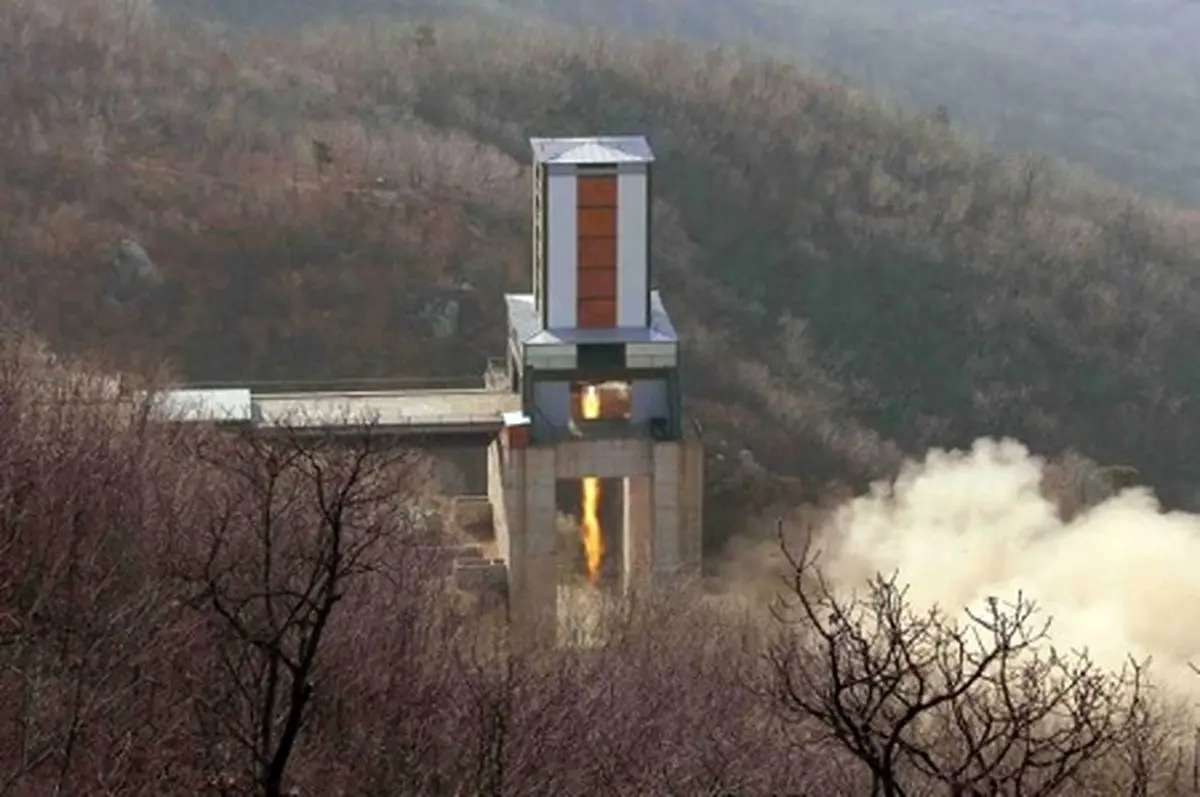United Nations bans key North Korea exports over missile tests

The United Nations Security Council unanimously imposed new sanctions on North Korea on Saturday that could slash by a third the Asian state's $3 billion annual export revenue over its two intercontinental ballistic missile tests in July.
The U.S.-drafted resolution bans North Korean exports of coal, iron, iron ore, lead, lead ore and seafood. It also prohibits countries from increasing the current numbers of North Korean laborers working abroad, bans new joint ventures with North Korea and any new investment in current joint ventures.
"We should not fool ourselves into thinking we have solved the problem. Not even close. The North Korean threat has not left us, it is rapidly growing more dangerous," U.S. Ambassador to the United Nations Nikki Haley told the council.
"Further action is required. The United States is taking and will continue to take prudent defensive measures to protect ourselves and our allies," she said. Washington would continue annual joint military exercises with South Korea, Haley said.
North Korea has accused the United States and South Korea of escalating tensions by conducting military drills.
China and Russia slammed U.S. deployment of the THAAD anti-missile defense system in South Korea. China's U.N. Ambassador Liu Jieyi called for a halt to the deployment and for any equipment in place to be dismantled.
Liu also urged North Korea to "cease taking actions that might further escalate tensions."
U.S. President Donald Trump hailed the vote in a Twitter message on Saturday evening.
"The United Nations Security Council just voted 15-0 to sanction North Korea. China and Russia voted with us. Very big financial impact!" Trump wrote.
Trump "appreciates China's and Russia's cooperation in securing passage" of the resolution, the White House said in a later statement. The U.S. president "will continue to work with allies and partners to increase diplomatic and economic pressure on North Korea to ends its threatening and destabilizing behavior," it said.
U.S. PRESSURE ON CHINA
Russia's U.N. Ambassador Vassily Nebenzia said he hoped recent remarks by U.S. Secretary of State Rex Tillerson "were sincere - that the U.S. is not seeking to dismantle the existing situation or to forcibly unite the peninsula or to militarily intervene in the country."
While the Security Council has been divided on how to deal with other international crises like Syria, the 15-member body has remained relatively united on North Korea. Still, negotiating new measures typically takes months, not weeks.
North Korea has been under U.N. sanctions since 2006 over its ballistic missile and nuclear programs. The new measures came in response to five nuclear weapons tests and four long-range missile launches.
The United States negotiated with China for a month on the resolution, then expanded negotiations to the full council on Friday.
Washington, frustrated that China has not done more to rein in North Korea, has threatened to exert trade pressure on Beijing and impose sanctions on Chinese firms doing business with Pyongyang.
"We had tough negotiations this week," Haley told reporters. "I think that the Chinese realized that the United States was going to push, but they responded and we appreciate how they cooperated with us during these negotiations."
Liu, asked about U.S. negotiating pressure, said China has been consistent on trying to achieve denuclearization, peace and stability on the Korean Peninsula and "to re-launch negotiations to achieve this end."
He told reporters China was "opposed to any unilateral sanctions outside the agreed framework set by the U.N. Security Council resolutions."
END
